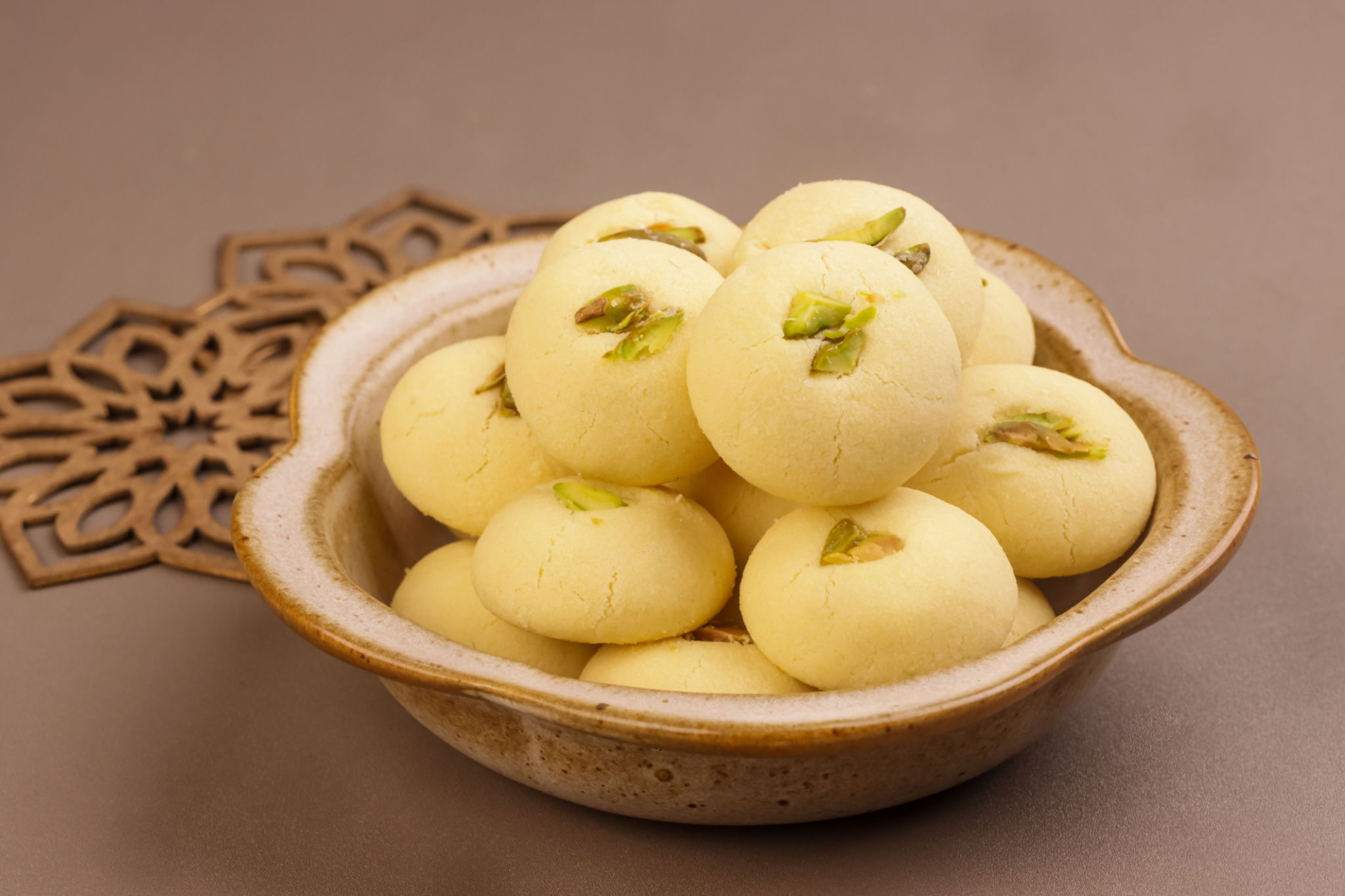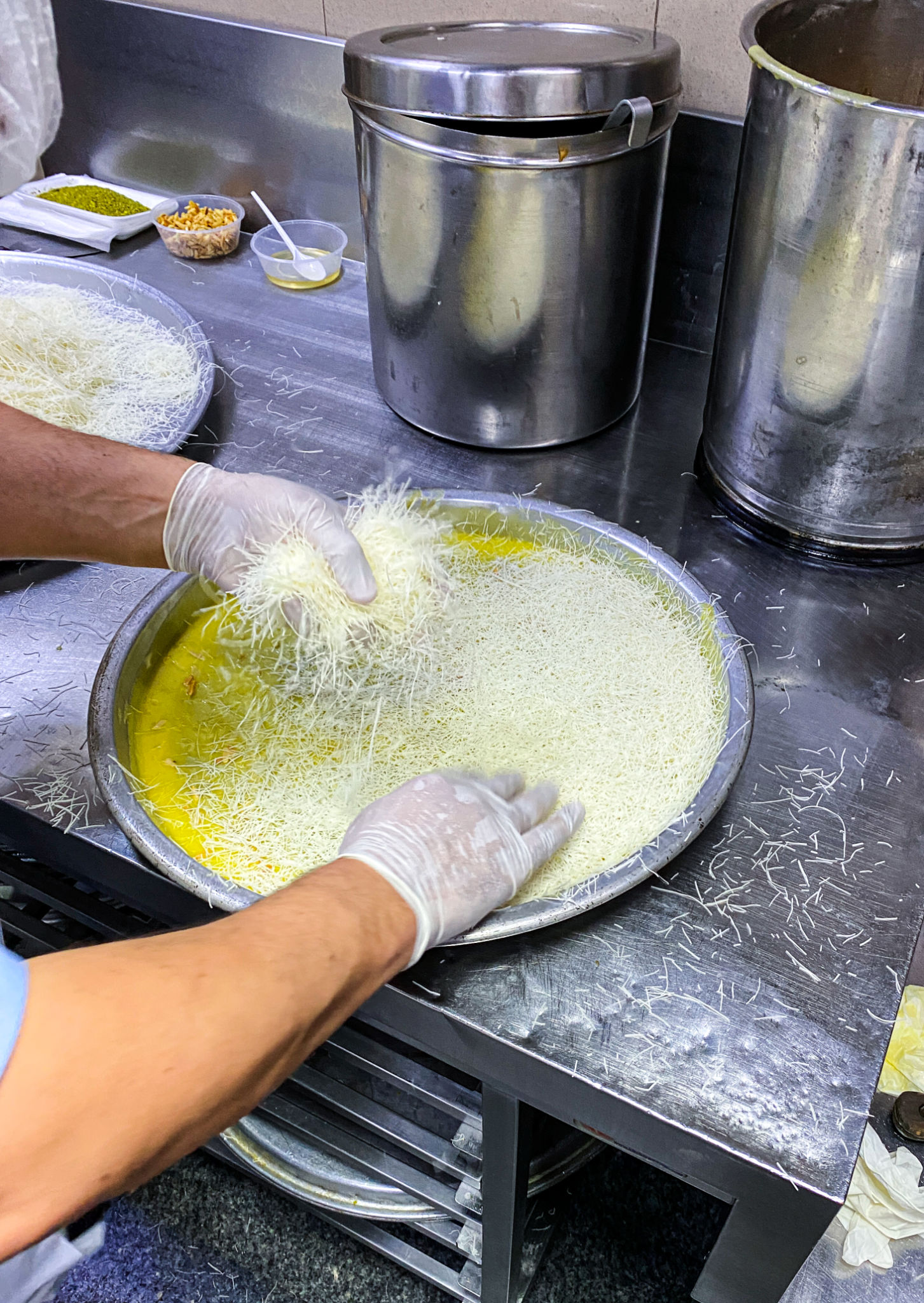Exploring the Cultural Significance of Palestinian Desserts
The Rich Tapestry of Palestinian Desserts
Palestinian desserts are more than just a sweet ending to a meal; they are a reflection of the region's history, culture, and traditions. These treats have been passed down through generations, carrying with them stories and memories that are as rich as their flavors. From the bustling streets of Ramallah to the quiet villages in the West Bank, desserts play a central role in gatherings and celebrations.

Historical Roots and Influences
The history of Palestinian desserts is deeply intertwined with the diverse cultural influences that have shaped the region over centuries. The Ottoman Empire, which controlled Palestine from the 16th to the early 20th century, introduced many culinary techniques and ingredients that are still evident in today's recipes. Additionally, the Levantine region's proximity to spices and trade routes has enriched Palestinian desserts with flavors like cardamom, rose water, and saffron.
During festive occasions such as Eid or weddings, traditional desserts are prepared with great care and attention. These events provide an opportunity for families to showcase their culinary prowess and share their heritage with others. Many of these recipes are closely guarded family secrets, handed down from one generation to the next.
Iconic Palestinian Desserts
Among the most beloved Palestinian desserts is Knafeh, a cheese-filled pastry soaked in sweet syrup. Its vibrant orange color and delicate balance of textures make it a feast for both the eyes and the palate. Another popular dessert is Baklava, which features layers of phyllo pastry, nuts, and honey. Though Baklava is enjoyed throughout the Middle East, each region has its own unique take on this classic treat.

Ma'amoul is another staple, particularly during religious holidays. These shortbread pastries are filled with dates, nuts, or figs and are often intricately decorated. The process of making Ma'amoul is a communal activity, bringing families together to prepare large batches for sharing with friends and neighbors.
The Role of Desserts in Social Gatherings
Desserts play a significant role in Palestinian social gatherings, serving as a symbol of hospitality and generosity. Offering sweets to guests is a traditional gesture that signifies warmth and welcome. It is not uncommon for visitors to be greeted with an array of desserts, accompanied by coffee or tea flavored with cardamom.

In Palestinian culture, the preparation and sharing of desserts are acts that strengthen community bonds. Whether it's a simple family dinner or a large community celebration, desserts provide an opportunity for people to come together, share stories, and create lasting memories.
Preserving Tradition in Modern Times
As younger generations grow up in a rapidly changing world, there is a pressing need to preserve traditional culinary practices. Many Palestinians are taking steps to document family recipes and share them with wider audiences through social media and culinary blogs. These efforts ensure that the rich tapestry of Palestinian desserts continues to be appreciated by future generations.
Moreover, chefs and home cooks alike are experimenting with traditional recipes, infusing them with modern twists while still honoring their cultural roots. This innovation keeps the culinary tradition alive and allows it to adapt to contemporary tastes.

The Universal Appeal of Sweet Traditions
The universal appeal of Palestinian desserts lies in their ability to transcend cultural boundaries. As more people around the world discover these unique flavors, there is an increasing appreciation for the stories and traditions that accompany them. Whether enjoyed in a bustling market or at a family table halfway across the world, Palestinian desserts offer a sweet glimpse into a rich cultural heritage.
In conclusion, exploring the cultural significance of Palestinian desserts reveals the deep connections between food, history, and identity. These beloved treats serve as more than just culinary delights; they are a testament to resilience and unity in a vibrant community.
